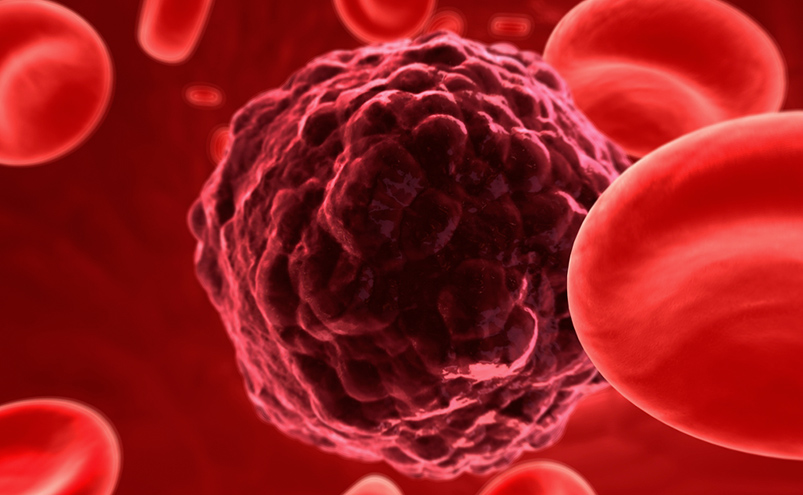Many say nothing comes for free. Unfortunately, there’s one “free” thing you can easily obtain in large quantities though you may not necessarily want it: free radicals. If you’ve seen rusted metal, faded paint, browned apple slices, rancid fish, or wrinkled skin, you have seen the effects of free radicals.
What are Free Radicals?
Free radicals are extremely reactive atoms. They are “free” because they are unpaired with another electron. This leaves them in an unstable state that makes them damaging as they hunt for and attack the nearest molecule they can steal an electron from.
Free radicals form a domino effect. Once an electron is stolen from a surrounding molecule, that molecule now becomes the new free radical. Over time, the damage free radicals cause will accumulate with age.
These processes are actually formed during the normal metabolism of foods. In fact, these processes are actually used by the immune system to kill invading viruses and bacteria. Thankfully, antioxidants help fight free-radicals. They prevent free radicals from damaging our cells and stealing electrons by lending them an electron to use.
Air – The “New” Carcinogen?
Unfortunately, there has been a recent rise of free radicals generated in the air we breathe. Pollution, radiation, herbicides, pesticides, and cigarette smoke can all flood our body with free radicals. This means the typical amounts of antioxidants that we have are often not enough to prevent free radical damage.
The World Health Organization (WHO) recently reported that the air we breathe contains overwhelming amounts of carcinogens, or cancer-causing substances. In fact, WHO’s cancer agency, the International Agency for Research on Cancer (IARC) officially announced outdoor air pollution as “carcinogenic to humans” and can cause lung cancer. The most recent data they used in their investigation was from 2010, in which 3.2 million deaths were reportedly due to air pollution. 223,000 of these deaths were from lung cancer.
One recent study published in The Lancet Respiratory Medicine demonstrated a link exposure to air pollution during pregnancy and low-birthweight babies. Low birth-weight babies have a higher risk of developing health problems, especially respiratory problems, as they grow older.
Air pollution has also recently been strongly linked to heart attacks, strokes, and irregular heartbeats.
Air is widespread by nature. This makes it impossible to completely avoid pollution. However, you can limit your exposure to air and environmental pollutants. Simple changes like drinking filtered tap water, eating certified organic foods, and minimizing the exposure of your food to plastic can all help.
Avoid spending unnecessary time near industrial areas and busy urban areas or roads, especially when exercising. Avoid planning outdoor activities during rush hour or when the weather report has the air quality will be poorer than usual.
Also, avoid eating fish with high levels of toxins like methylmercury, PCB’s, and dioxin. Fish oil supplements should be filtered so that they are free of these toxins.
A balanced, healthy meal plan can provide a rich source of natural antioxidants that help fight free radicals. An antioxidant supplement, like EnergyFirst’s Antioxidant Complex, can also boost your defenses against environmental pollutants.














